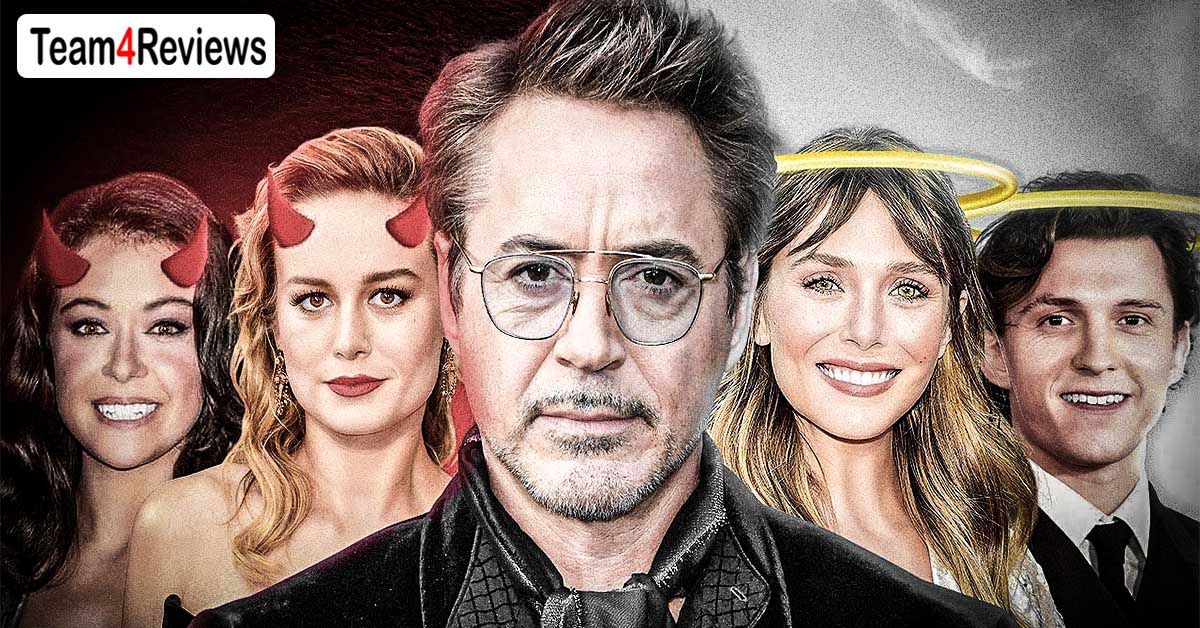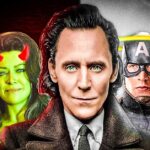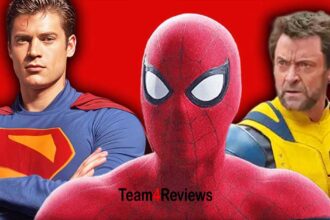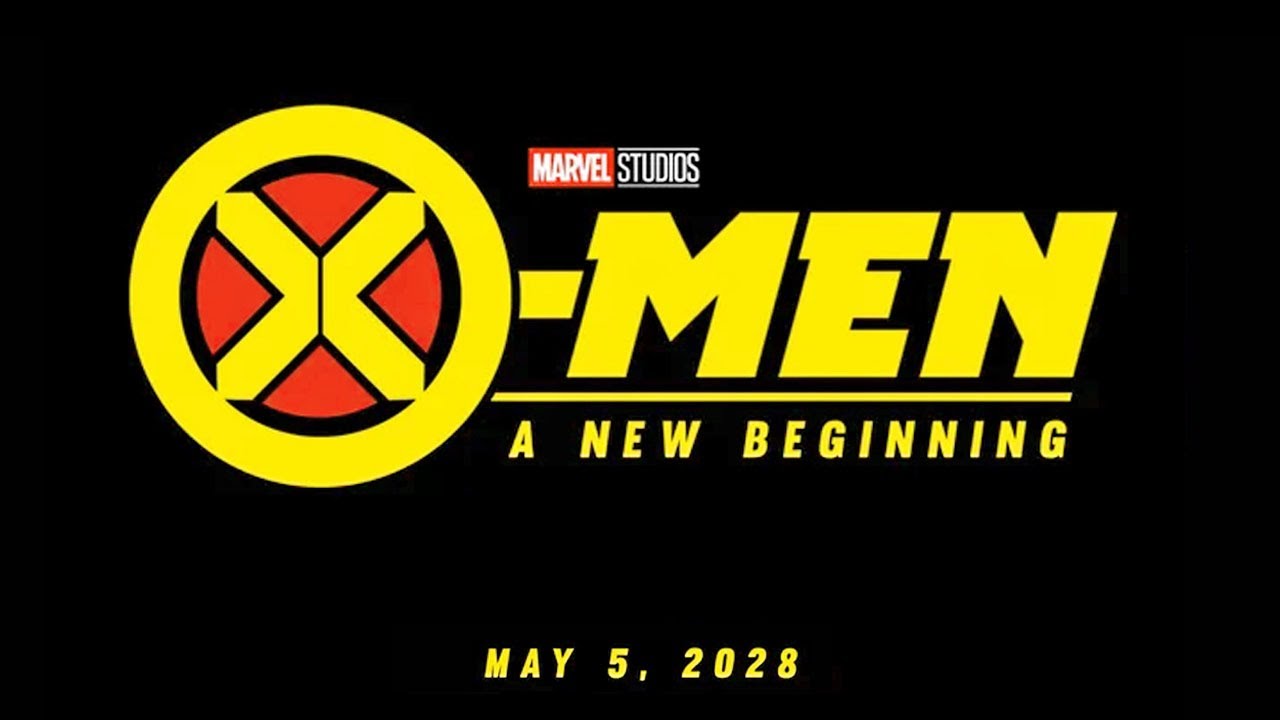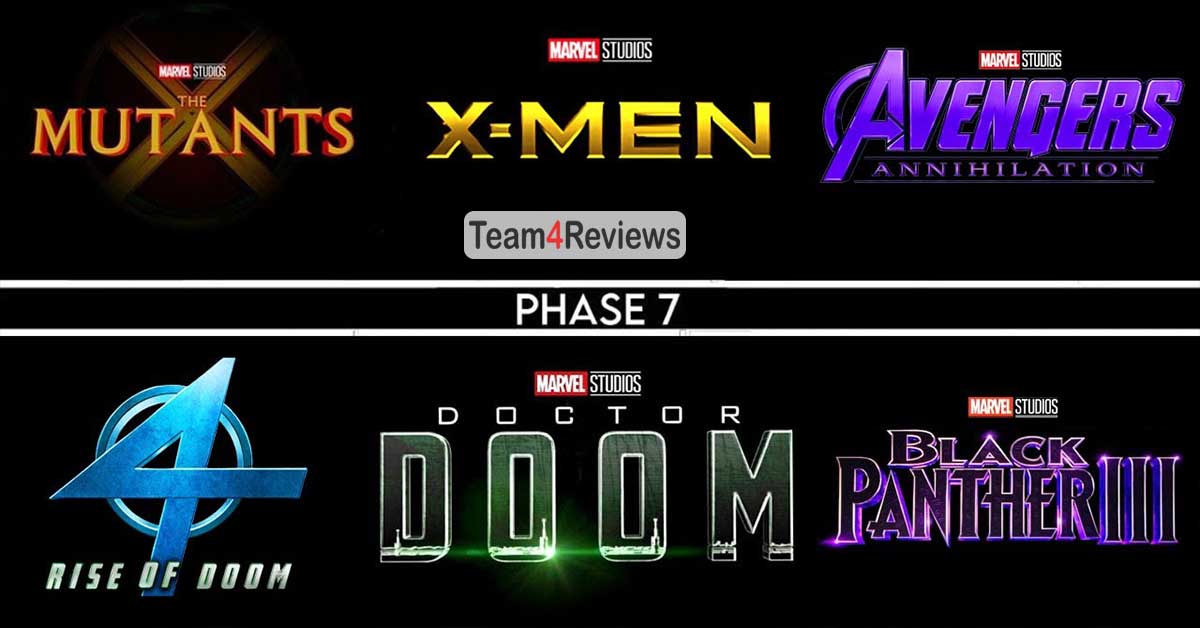For every loved MCU actor, there is one who is hated by everyone. Starting with Tatiana Maslany as Jennifer Walters, aka She-Hulk, it seemed like a perfect casting. But when She-Hulk, attorney-at-law, finally dropped on Disney+, Marvel fans didn’t just reject the show; they rejected her.
She-Hulk was marketed as a legal comedy with a super-powered twist, but what fans got was something far more chaotic. It broke the fourth wall, dodged traditional story structure, and constantly mocked Marvel itself. It was a show that didn’t seem to take its universe or its audience seriously. In episode three, Jennifer Walters’ Omba in full She-Hulk form is seen twerking with Megan Thee Stallion in her law office. Many Marvel fans saw it as the lowest point in the franchise’s history, but things got worse when She-Hulk decided to go meta.
The show openly mocked Marvel fans, especially the online critics. The finale featured an AI named Kevin.
It stands for Knowledge Enhanced Visual Interactivity Nexus. A parody of Marvel boss Kevin Feige and openly joked about toxic masculinity, online forums, and fan expectations. Rather than trying to win over critics, the show chose to antagonize them. Now let’s talk about Tatiana herself. One major reason she’s disliked by hardcore MCU fans is the perceived attitude. In interviews leading up to the show’s release, Mislani made comments that rubbed some viewers the wrong way. She repeatedly emphasized that She-Hulk was
not made for Marvel fans and that it was more of a feminist commentary than a superhero show.
You know, thoughts and feelings about it, but… Some fans took that as dismissive. And once the show dropped and was met with criticism, Mislany doubled down, defending every controversial element and leaning into the “if you don’t like it, you’re the problem” narrative. She also called out Disney CEO Bob Iger for his remarks on the labor disputes. Mislany publicly slammed him as completely out of touch. Reflecting on her comments later, she acknowledged the intensity of the moment, stating that it was challenging to articulate her thoughts clearly while on the picket line. These statements contributed
to the perception that Maslany was at odds with Disney’s leadership, potentially influencing discussions about her future involvement in the Marvel Cinematic Universe. Moving on to Tom Holland. When Marvel and Sony rebooted Spider-Man for the third time in under two decades, expectations were sky high. But Tom Holland nailed the role in a way that felt effortlessly authentic. Even legendary comic writer Stan Lee, the man who co-created Spider-Man, once said that Tom Holland was the best live-action version of the character.
But Tom’s appeal goes far beyond the screen. Unlike some actors who feel distant or overly media-trained, Tom has always seemed like a genuine fan of the Marvel Universe. He’s passionate. He geeks out. He grew up loving these movies just like we did. And when he got cast, he stayed humble.
Behind-the-scenes footage shows him goofing off with co-stars, dancing between takes, doing his own stunts, even injuring himself in the process, all to make the performance more believable. And the fans see that effort. He’s not just clocking in for a paycheck; he’s invested. Then there’s the chemistry. His bond with Robert Downey Jr. made their Tony-Peter dynamic one of the most emotional arcs in the entire MCU.
Thank God you brought your translator. Exactly, yeah. And of course, there’s Zendaya. Let’s be honest, fans love a good on-screen, off-screen romance, and Tom and Zendaya’s real-life relationship made the Peter-MJ pairing feel even more magical. Tom Holland cares about his Spider-Man. He really wants to make the best Spider-Man movies possible. These are the things that make fans respect him even more. And I feel like I owe it to them to give and deliver.
the best version of what the next chapter for Spider-Man looks like. And I think that’s really important. And I think the creative integrity for something like that is really important.
Now, while Tom seems to be one of the few Marvel stars who’s managed to dodge controversy and just be a great Spider-Man, the same cannot be said for our next actor. Because if you spend even five minutes in an MCU fan forum, there’s one name that almost always sets the comment section on fire: Brie Larson. Back in 2018, while promoting Captain Marvel, Brie made headlines when she spoke out about diversity in film criticism. She said she noticed that the press covering her films was overwhelmingly white and male and that she didn’t hate
that demographic but wanted to open the door for more diverse voices. Now, while her point was about inclusion, many online twisted her words. Suddenly,
She wasn’t just an actress; she was a man-hater, a diversity hire, and the face of wokeness in Hollywood. Captain Marvel hit theaters in 2019, sandwiched right between Avengers: Infinity War and Endgame. It made over a billion dollars at the box office, but fan reactions were mixed at best. Critics praised the film for its female empowerment message, but fans? Many called it forgettable, bland, and generic.
The Avengers cast tension rumors didn’t help. Clips from the Endgame press tour started going viral. Awkward moments between Brie and co-stars like Chris Hemsworth and Don Cheadle were dissected frame by frame.
People began speculating that she didn’t get along with the cast. Even though Don Cheadle literally tweeted that the media was reaching, the damage was already done. The internet had made up its mind. Even the Marvels couldn’t save her. In 2023, The Marvels hit theaters and flopped hard. It had one of the lowest openings in MCU history. While that wasn’t solely Bree’s fault,
The entire film was plagued by delays, reshoots, and a franchise influx; she once again took the brunt of the blame. Ironically, in The Marvels, Brie’s Carol was way more relaxed and fun compared to her debut, but by then, many fans had already tuned out. While some Marvel actors seemed to attract nonstop controversy, others managed to rise above the chaos, quietly winning over fans without forcing it. And if there’s one actress who’s done just that, it’s Elizabeth Olsen.
Elizabeth first joined the MCU in Avengers: Age of Ultron back in 2015. And let’s be honest, that film didn’t give her much room to shine. Her accent was inconsistent, her character’s motives were all over the place, and she was mostly there as a side plot. But even then, fans noticed her. There was something intense, something real, about her performance. Whether she was grieving the loss of her brother Pietro or ripping Ultron’s heart out, Wanda Maximoff had emotional weight.
But what made people fall in love with her was WandaVision. When Disney Plus launched WandaVision in 2021, it flipped the entire MCU formula. This wasn’t a traditional action series. It was a psychological deep dive into grief, trauma, and loss disguised as a sitcom. Even when Marvel fumbled, Elizabeth held it together. After WandaVision, Marvel had a golden opportunity to explore Wanda further. Instead, they kind of rushed her villain arc in Doctor Strange in the Multiverse of Madness. And while the writing left many fans confused or upset,
Nobody blamed Elizabeth. In fact, most fans said she was the best part of that movie. Her performance was so convincing, she actually made Wanda’s descent into darkness feel tragic.
I know there are debates online, but I do. Now, while Elizabeth Olsen represents everything fans love about a grounded, powerful Marvel performance, our next actor has been going through a very different journey.
Because over the past few years, Anthony Mackie, the MCU’s new Captain America, has slowly gone from a background favorite to a controversial figure among Marvel fans. He had memorable moments: the on-your-left gag, the airport fight in the Civil War, and even the subtle character work in Endgame when Steve hands him the shield. That moment was emotional and earned, and fans were excited to see where Sam would go next. But then came The Falcon and The Winter Soldier. The series had potential, no question. But the writing felt uneven.
The pacing was off. The villain arc with the Flag Smashers fell flat. And worst of all, Sam’s character started to feel preachy rather than powerful. His final speech to the GRC, while well-intentioned, came off to many viewers as forced and out of place, more like a TED Talk than a superhero moment. And that’s when things started to shift. You have to stop calling them terrorists. What else would we call them? You’re peacekeeping troops carrying weapons and forcing millions of people into settlements around the world, right?
But then Anthony Mackie made it worse because off-screen he’s made headlines for all the wrong reasons. Even if you agree with the sentiment, the way he said it came off as dismissive toward the push for inclusion, especially from someone who literally became the new face of that shift. And it didn’t help that when fans asked for more substance in Sam’s arc, Mackie often gave interviews that sounded more defensive than thoughtful. Fans wanted Captain America 2.0, but they got someone else entirely. Brave New World was an OK movie. The film earned $289.4 million worldwide.
While it did reach the $400 million mark, it’s still considered a lower performer within the MCU. Now, while Anthony Mackie’s Captain America still feels like a work in progress for a lot of fans, there’s one name that will always be above controversy. A man who didn’t just win over Marvel fans, he defined them. Because when you talk about the most loved actors in the MCU, you’re talking about Robert Downey Jr., the man who built this universe from the ground up in a cave with a box of scraps.
He brought something no one expected: swagger, wit, depth, and a magnetic presence that made Tony Stark feel real.
He doesn’t like to be handed things. Yeah, I have a pet peeve. Got it. This wasn’t a perfect Boy Scout or a bland billionaire. This was a genius, a jerk, and a visionary, and RDJ played every shade of him flawlessly. He carried the Infinity Saga. From Iron Man to Endgame, RDJ was the emotional and narrative centerpiece of the entire MCU. His chemistry with every cast member elevated every scene, whether it was snarky back-and-forths with Steve Rogers or mentor moments with Peter Parker. He gave the franchise balance, and then came Endgame.
where he delivered arguably the most powerful performance in the entire MCU. From I Love You 3000, I Love You 3000, to that final, defiant I Am Iron Man, fans didn’t just cry because a character died; they cried because it felt like saying goodbye to a friend. Even off-screen, fans adore him. Robert Downey Jr. isn’t just beloved because of his performance; it’s how he treats the fandom. He’s humble, he’s funny, and he shows up for the fans.
From fan events to red carpets to random interviews where he surprises kids in Iron Man suits, he understands the weight of what this role means. And let’s not forget, he was also the glue behind the scenes. He helped mentor new cast members, pushed for better pay for the original Avengers cast, and supported storylines that prioritized legacy over ego. When Marvel launched new heroes like Spider-Man or Black Panther, it was RDJ who helped pass the torch without ever making it about himself.
Moving on to Letitia Wright, who has gone from fan favorite to one of the most controversial figures in Marvel’s roster. The controversy didn’t start on screen. It started online. In late 2020, Letitia Wright came under fire after posting a video that questioned the safety and legitimacy of the COVID-19 vaccine. The video was filled with conspiracy theories and pseudoscience. The backlash was immediate. Fans and health experts all called her out. Instead of apologizing, Wright initially doubled down, claiming she was just asking questions.
and highlighting concerns about freedom of speech. Even Don Cheadle, a fellow MCU star, got involved in the online war of words because angry fans tagged him about Wright’s tweets, and after watching parts of the video she posted, he seemed pretty upset with her himself. Eventually, she deleted the post and went silent, but the damage was done.
At a time when the world was in crisis, her platform was seen as reckless, especially for someone working on a franchise as influential as Marvel. Fast forward to the filming of Black Panther: Wakanda Forever, a production already dealing with the impossible task of moving forward without Chadwick Boseman. Reports came out that Letitia Wright was causing delays on set due to her stance on vaccine mandates, allegedly refusing to get vaccinated and traveling back to the UK. Marvel never publicly confirmed those reports.
And she later denied some of them, but the headlines alone created serious PR problems. Fans who were once rooting for Shuri were now divided. And to make things worse, some viewers just didn’t buy her transition into the lead role. While her performance in Wakanda Forever was solid, many felt she lacked the gravitas needed to carry the weight of the Black Panther title. When you go from being the comedic tech genius to suddenly leading one of the MCU’s most emotional storylines, the bar is high.
Letitia Wright’s rise to center stage showed us how complicated stepping into a lead role in the MCU can be, especially when fan trust is shaky. But what happens when a newer actor enters the universe and instantly wins over the entire fan base? No awkward press, no controversy, just pure charisma. That’s Florence Pugh. In 2021’s Black Widow, Scarlett Johansson was supposed to be the emotional center. After all, it was Natasha Romanoff’s long overdue solo movie. But let’s be honest, Florence Pugh ran away with it.
As Yelena, she brought something Marvel hadn’t seen in a while. Razor-sharp humor, emotional depth, and natural chemistry with everyone on screen. She wasn’t just a quirky side character, and she felt fully realized, instantly relatable, and refreshingly human. When she appeared in Hawkeye, fans lost it. Her banter with Kate Bishop, played by Hailey Steinfeld, was a masterclass in comedic chemistry, and it showed that Florence Pugh could thrive in any setting, whether it’s a spy thriller or a street-level holiday series.
A beacon in Marvel’s darkest material, Thunderbolts delves into themes of trauma, redemption, and mental health, marking it as one of Marvel’s darkest films to date. Pew carries much of the dramatic weight of the movie, bringing authenticity and gravitas to the narrative. Her ability to navigate the balance between Marvel brand humor and genuine pathos makes her performance resonate deeply with audiences. The future of the MCU shines bright.
With Thunderbolts, Florence Pugh has solidified Yelena Belova’s place as a central figure in the MCU. Her performance not only anchors the film but also sets the stage for future storylines, including upcoming Avengers narratives. As the MCU continues to evolve, Pugh’s portrayal of Yelena offers a compelling blend of strength, vulnerability, and authenticity, ensuring that fans will be eager to follow her journey in the years to come.

